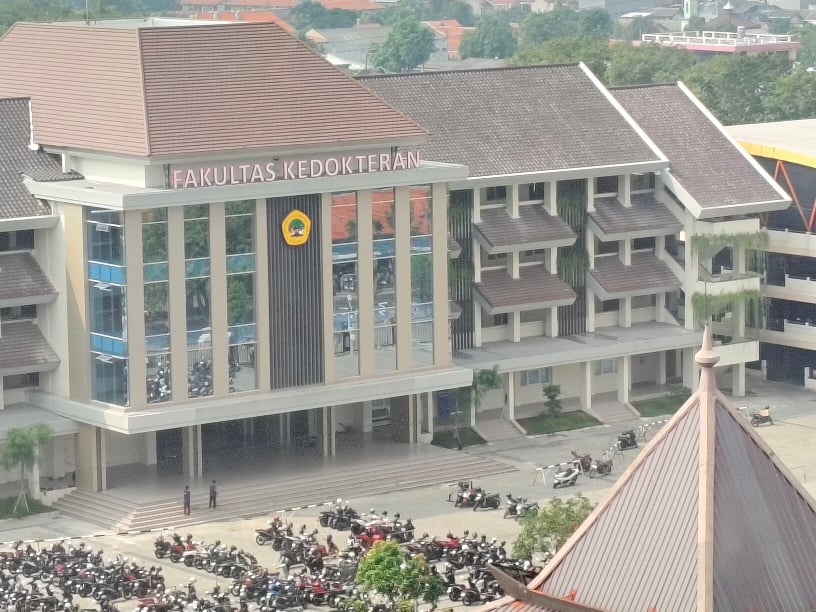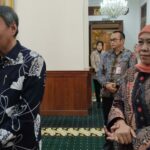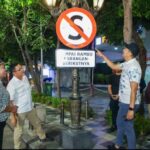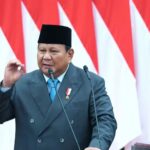The August 17, 1945 University (Untag) Surabaya has officially opened a Faculty of Medicine to train doctors and meet the demand for medical personnel in East Java.
Emil emphasized the importance of this new faculty in addressing the shortage of doctors, particularly specialists. He noted that many regional hospitals (RSUD) type C cannot upgrade to type B due to the lack of specialists such as pediatricians, obstetricians, and anesthesiologists.
“For example, in areas like Sempol and Ijen, hospitals have the potential to grow from community health centers (Puskesmas) into type D RSUDs but are constrained by the limited availability of medical personnel,” Emil explained.
He added that training doctors, especially specialists, is a lengthy process that must start early. Therefore, the presence of FK Untag will serve as a crucial foundation in addressing these challenges.
The East Java Provincial Government has expressed full support for the development of FK Untag. Through the Health Office, the provincial government will act as a technical supervisor and a bridge between educational institutions and regional healthcare needs.
“We are ready to assist Untag through quality supervision, mentoring for type B hospitals, and mapping the need for doctors across East Java,” Emil said.
The Rector of Untag Surabaya, Prof. Mulyanto Nugroho, revealed that the operational permit for the Faculty of Medicine was granted by the Indonesian Ministry of Health on December 13, 2024. Student enrollment had already opened before the official launch.
FK Untag also provides easier access to education by offering a 25% discount on registration fees. With competitive tuition fees, this faculty is one of the most affordable among private universities.
“We limit the number of students to a maximum of 50 per intake to maintain educational quality,” Prof. Mulyanto emphasized.
Emil Dardak also expressed high appreciation for those who contributed to the establishment of FK Untag.
“I extend my congratulations and best wishes. I am confident this faculty will produce doctors who are not only intelligent but also patriotic,” Emil concluded.
The August 17, 1945 University (Untag) Surabaya
The August 17, 1945 University (Untag) Surabaya is an Indonesian university established in 1958 to commemorate Indonesia’s declaration of independence on August 17, 1945. Initially founded as a private institution, it later gained public university status and is known for its focus on social sciences, law, and political studies. The university reflects Indonesia’s post-independence educational development and commitment to national progress.
Faculty of Medicine (FK) Untag
The Faculty of Medicine (FK) at Universitas 17 Agustus 1945 (UNTAG) Surabaya is one of Indonesia’s medical education institutions, established to contribute to the country’s healthcare development. While specific historical details about its founding are limited, UNTAG Surabaya itself was founded in 1958, and its medical faculty likely emerged later to address the growing need for medical professionals. The institution focuses on medical education, research, and community service, aligning with Indonesia’s broader healthcare goals.
East Java
East Java (Jawa Timur) is a province in Indonesia known for its rich history, diverse culture, and stunning natural landscapes. It was home to the powerful Majapahit Empire (13th–16th centuries), one of Southeast Asia’s greatest Hindu-Buddhist kingdoms, and features significant sites like the majestic Mount Bromo and the ancient temples of Trowulan. Today, it is a vibrant region blending Javanese traditions with modern development, attracting visitors with its volcanoes, beaches, and cultural heritage.
Surabaya
Surabaya is Indonesia’s second-largest city, located in East Java, and is known as the “City of Heroes” for its significant role in the country’s struggle for independence from Dutch colonial rule. The historic Battle of Surabaya in November 1945, a fierce conflict between Indonesian fighters and Allied forces, cemented its symbolic importance. Today, it is a bustling port city with a mix of modern development and cultural landmarks, such as the Heroes Monument and Arab Quarter.
Sempol
Sempol is a district located in the Bondowoso Regency of East Java, Indonesia, known for its scenic landscapes and proximity to natural attractions like the Ijen Crater. Historically, the area has been influenced by Javanese culture and agriculture, with a focus on coffee and rubber production. It serves as a gateway for tourists exploring the region’s volcanic terrain and lush plantations.
Ijen
Ijen is a volcanic region in East Java, Indonesia, famous for its stunning turquoise sulfuric crater lake and the blue flames caused by ignited sulfur gases. The area is also known for its labor-intensive sulfur mining, where workers extract sulfur by hand under harsh conditions. The Ijen volcano complex has been active for centuries and remains a popular destination for hiking and witnessing its unique natural phenomena.




